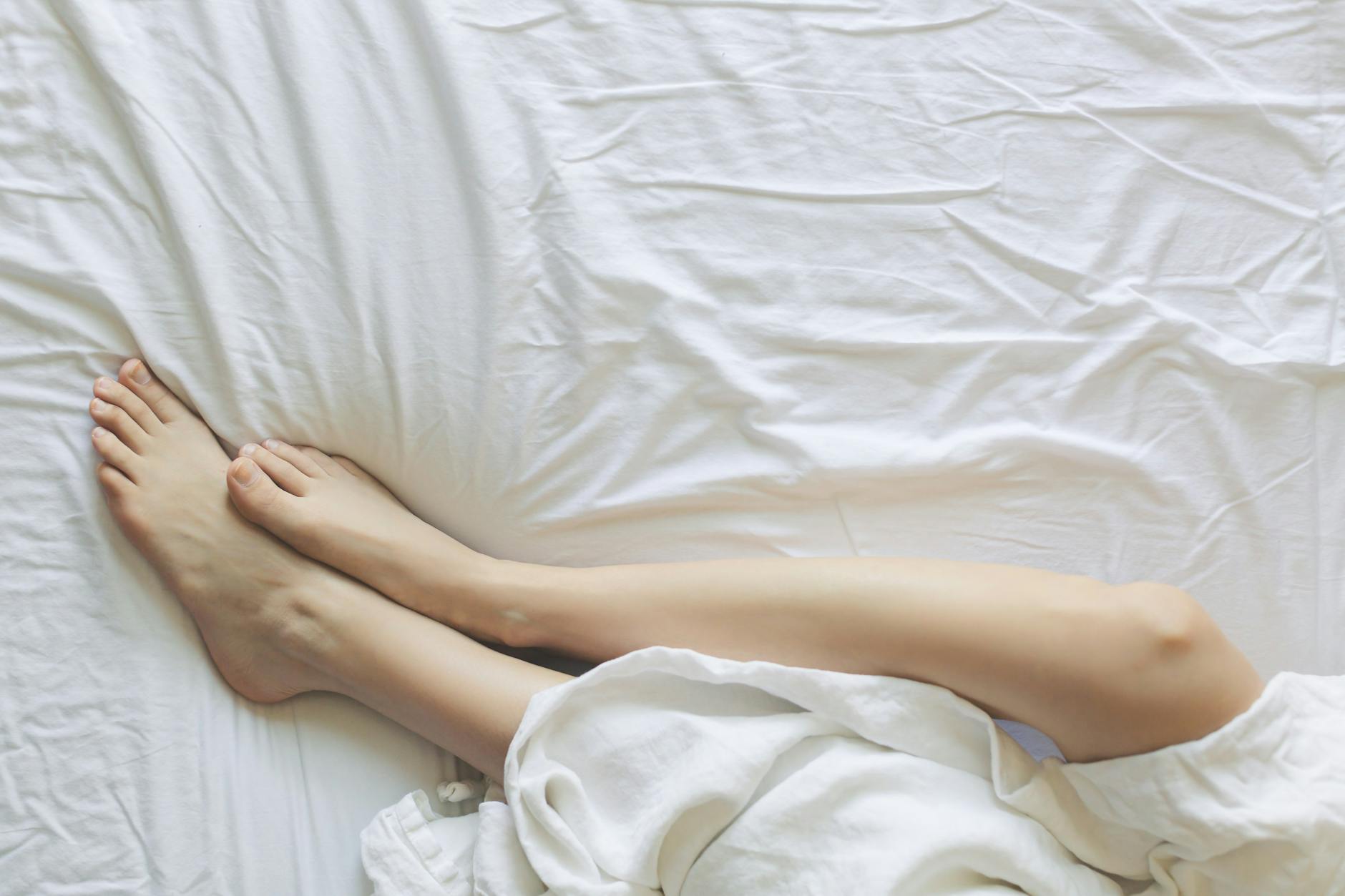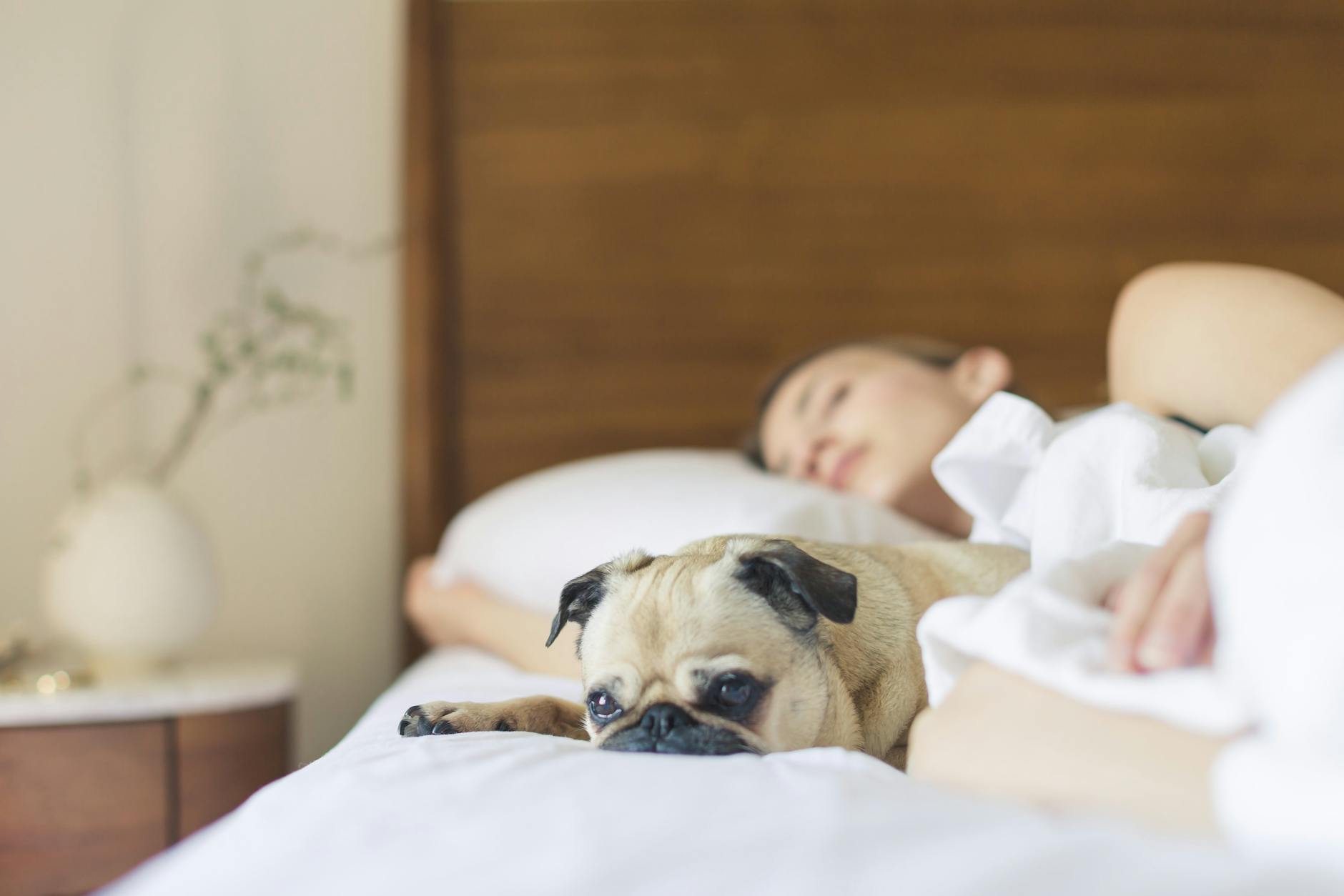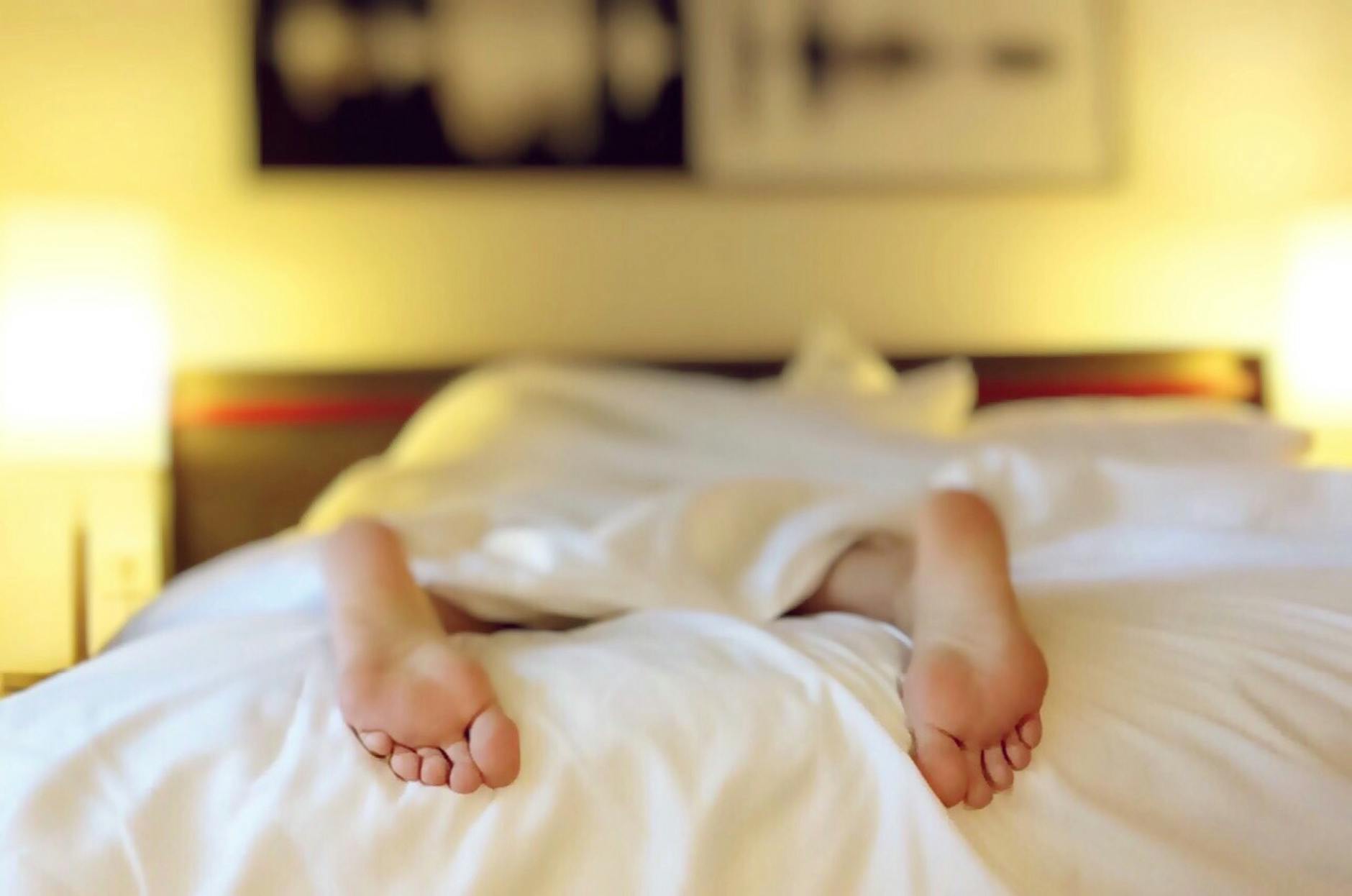Daytime Sleep vs. Nighttime Sleep: Who’s Winning?

 Can you sleep in daytime and get the same benefits as those from sleeping at night? Will naps compensate for your lack of nighttime sleep? The answers are not as straightforward as you may think.
Can you sleep in daytime and get the same benefits as those from sleeping at night? Will naps compensate for your lack of nighttime sleep? The answers are not as straightforward as you may think.
Do you really have to choose?
Sleeping is a necessary process for our bodies to recover from running daily errands. The same as the phone can’t function without a regular (or at least regularly occasional) battery recharge, you can’t use all of your potential without a good sleep.
And yes, it’s not always necessary to have a good night’s sleep ‒ we’re all different, as well as our circadian rhythms and sleeping preferences. If you’re a morning lark, you’re more likely to work at a nine-to-five job than a night owl, who will prefer working shifts.
However, if you don’t seem to be able to carve out time in your schedule to sleep 7,5 to 9 hours (it’s all individual) every night, daytime sleep might be an option for you.
Please note that you should visit a specialist if you can’t sleep at night or have some night sleep problem, since it can be a result of a serious health issue.

When daytime sleep is beneficial
The effect of daytime rest will depend on how long it lasts. Taking a 15 minute nap is a great idea and will lead to instant improvements in cognitive performance, including memory, concentration, and decision making. It will also cheer you up, help relax the nervous system and lower blood pressure.
"Turning yourself off" for 30 minutes will also have a good effect on thinking abilities, but may cause a slight inertia of sleep ‒ a state of slight drowsiness and disorientation. So half an hour is the maximum pleasure, but ideally your nap should be limited to 10-20 minutes.
It is best to doze between 1pm and 3pm or 2pm and 4pm, as according to our circadian rhythms, since for most people a natural peak of mild sleepiness occurs in these hours.
If you do decide to take naps during the day, we recommend doing it regularly. In this way you show your body a certain pattern rather than a chaotic and random one, so it starts to adapt and help you get the most out of those short rests, making you feel refreshed.

When daytime sleep makes everything worse
Long naps lead to you feeling disoriented and lost upon waking up. Naturally, your productivity will tend to zero.
Some researchers claim that daytime rest interferes with nighttime rest, others say that it does not affect it in any way, but the first option seems more likely. Think for yourself: if you get a good night's sleep at lunchtime, it is difficult to fall asleep at night.

Nighttime sleep importance
For those who sleep little at night, there is not enough time for the necessary recovery.
But what matters is not only when you go to sleep, but also how long this sleep will last. The fact is that sleep consists of cycles including several phases of slow-wave and REM (rapid eye movement) sleep, and it is important for your well-being to wake up at the end of the REM sleep phase.
REM sleep in a cycle follows slow-wave sleep, and by the morning its duration can reach one hour. Therefore, it is possible to make approximate calculations of when to wake up, given that one cycle has an average duration of about 1.5 hours, and a full sleep has 5-6 such cycles.
If you go to bed at 11:30pm, theoretically, the optimal wake-up time is 7:00 or 8:30, depending on your individual sleep needs (7-9 hours for adults).
But the duration of the sleep phases is different for everybody. If you haven’t figured out your perfect wake-up time, try getting out of bed every other day 15-minutes earlier or later. Listen to your body and soon you will know yourself better.

Conclusion
Everyone needs to sleep well to give their bodies an opportunity to recover from being all active during the day. If you choose to spread those 8 sleep hours throughout your night and day, bear in mind that it’s still better for you not to be active at night because of the hormones the body produces in response to surrounding darkness. And in the long run, no nap will compensate for your tiredness from skipping a good night’s sleep.
Check out more articles on sleep health here.
- Tags: Better sleep Health tips
0 comments

